Sleep is a major cornerstone of good health and wellness; yet according to the National Sleep Foundation, nearly 7 in 10 Americans experience frequent sleep problems. And even less have been diagnosed with a sleep disorder. Lack of sleep and common sleep disorders can affect everything from your workplace productivity to causing strained relationships at home. Sleep disorders come in many varieties, including sleep apnea, insomnia, restless leg syndrome and narcolepsy.
Though sleep disorders are relatively common, there exists a significant amount of confusion or misinformation regarding them. Below, we list and debunk a few of the most common myths about sleep disorders. This way, if you’re experiencing any sleep disorders, you can learn what’s really contributing to your condition and get the treatment you need.
Myth #1 – Sleep Disorders Aren’t Related to Health Conditions
Despite some beliefs that health problems like diabetes, high blood pressure, depression and obesity are not related to the quality of sleep, our sleep studies and research show that this is false. An abundance of scientific studies has also shown correlations between insufficient or poor-quality sleep and a variety of diseases, including those listed above. Lack of sleep can also contribute to health conditions such as obesity and diabetes.
Myth #2 – the Older You Are, the Less Sleep You Need
You’ve probably heard someone say they are completely “fine” running on 5 hours of sleep. But even though they may feel okay, they probably aren’t noticing the subtle strains a lack of sleep is putting on their life, whether it’s an absence of motivation or irritability. Sleep experts agree that most adults need between 7 and 9 hours of sleep each night for best health and performance. Do keep in mind that it is healthy for sleep patterns to change as you age. When you may have once gotten your 8 hours sleeping 11 p.m. to 7 a.m., you may now sleep 9 p.m. to 5:30 a.m. and feel no difference.
> Read More: Treating Lung, Breathing & Sleeping Disorders
Myth #3 – You Can Make Up for Fewer Hours of Sleep at Night with Naps
While many people enjoy a power nap in the afternoon to recharge, studies show anything more than that during the day can affect your sleep patterns by putting you into the deeper stages of REM sleep. Don’t bank on trying to “make up” for lost sleep time with naps, as these can disrupt your normal sleep patterns and leave you more tired than you were to begin with. Instead, just plan on getting to sleep earlier the next night.
Myth #4 – Stay in Bed When You Can’t Sleep
Getting out of bed when a bout of restlessness kicks in may sound counterintuitive, but many sleep experts attest to the fact that forcing sleep when you don’t feel tired may cause stress and keep you awake even longer. Instead, doing something relaxing like reading a book or listening to calm music may help induce sleep. Avoid looking at the clock, turning on bright lights, watching TV or checking your phone, as the light may impede melatonin production.
Myth #5 – Snoring Doesn’t Cause Health Problems
Snoring can be indicative of a number of sleep disorders and health conditions, such as sleep apnea or heart disease. Gasping for breath or gaps in breathing are other alarming signs of sleep disorders and that it’s time to reach out to a sleep specialist to discuss treatment options. If you or a loved one experiences prolonged snoring or breathing issues while sleeping, speak with your doctor about it.
Be sure to consult your physician if you are experiencing sleep issues. There are many options when it comes to alleviating sleep disorders.

